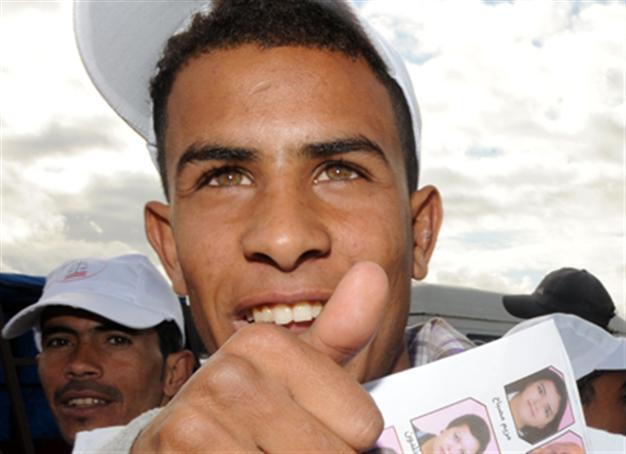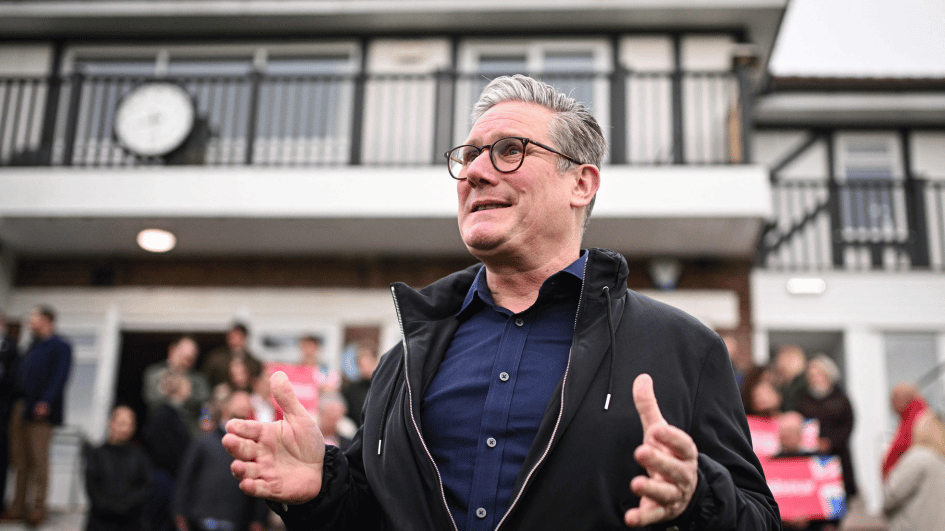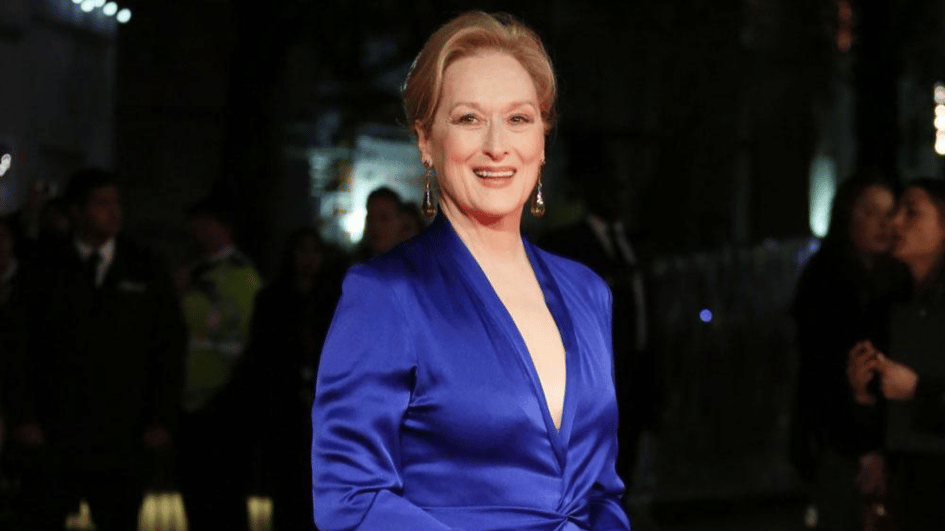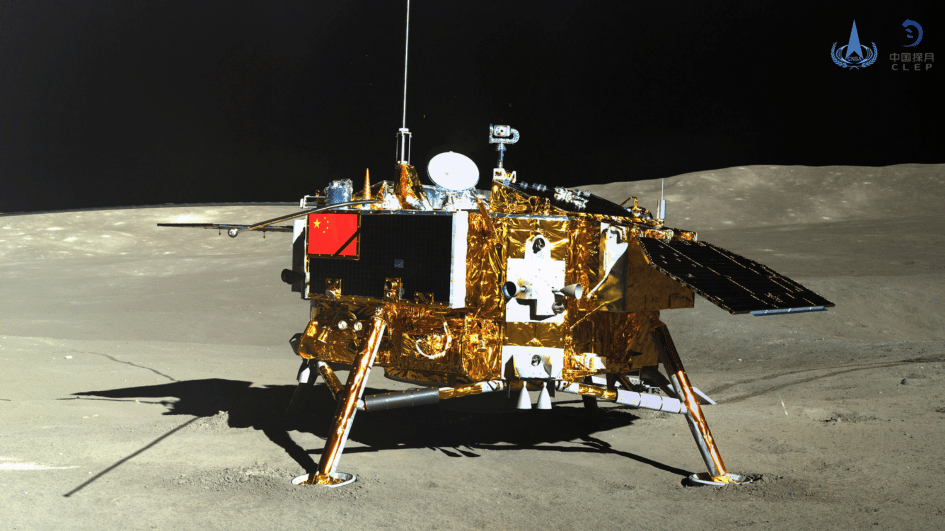Morocco votes in first election since reforms
RABAT, Morocco - Agence France-Presse

AFP photo
Moroccans voted today in the country's first legislative election since the constitution was reformed to give parliament more power, with an Islamist party expected to post strong gains.
The election, the second in north Africa since the Arab Spring uprisings began, pits the moderately Islamist Justice and Development party against a coalition loyal to King Mohammed VI.
Opinion polls are not allowed but observers said Justice and Development could emerge as the most popular party after similar success by a moderate Islamist party in Tunisia's first democratic election last month.
Its main rival is the Coalition for Democracy, an eight-party pro-monarchy bloc that includes two of the current five governing parties - the Popular Movement and Finance Minister Salaheddine Mezouar's National Rally of Independents.
The election risks being marred by tradionally low turnout, however, as well as a boycott call by the pro-reform February 20 movement.
The election comes less than five months after a July referendum overwhelmingly approved a new constitution proposed by the 47-year-old king as neighbouring autocratic regimes toppled.
The amended constitution gives parliament a greater role in the legislative process and strengthens the role of the prime minister, who now must be appointed by the king from the party which wins the most seats in the assembly.
The February 20 movement, which also called for a boycott on the referendum on the constitutional changes, argues the reforms do not go far enough and that the election will only give credibility to an undemocratic regime.
Analysts blame a lack of faith on the part many Moroccans that lawmakers will work to improve their living conditions for voter indifference.
"Many Moroccans do not have the sense that the platforms put forward by parties will change their daily lives," said Haizam Amirah Fernandez, senior analyst for the Arab world at Spanish think tank Real Instituto Elcano.
"There is something that never fails. If a citizen sees that his vote can change his daily life, he votes. If he does not believe his vote can change his daily life, he does not vote."
During the last legislative elections in 2007, only 37 percent of eligible voters took part -- and of those 19 percent deposited blank ballots.
Prime Minister Abbas El Fassi's centre-right Independence party took the most votes in that election, winning 52 seats, followed closely by the Justice and Development Party which took 47 seats.
The Islamist party focused initially on social issues, such as opposition to summer music festivals and the sale of alcohol, but has shifted to issues with broader voter appeal like the fight against corruption and high unemployment.
The party promises to cut poverty in half and raise the minimum wage by 50 percent.
Morocco's complex proportional representation system lends itself to fractured parliaments and no party is expected to obtain an absolute majority on its own so the winner will have to govern in a coalition.
In all, 31 parties are vying for the 395 seats in the lower house of parliament - 70 more than during the last election in 2007.
The new seats are reserved for women and others for younger deputies in a bid to give the assembly, until now dominated by ranking public figures, a more modern look.
Of the 13.5 million Moroccans eligible for voting, over half - 57 percent - are 35 or younger.
Voting stations opened at 8 am (0800 GMT) and will close at 7 pm with the first provisional official results expected several hours later. Final results will be announced Nov. 26.
















